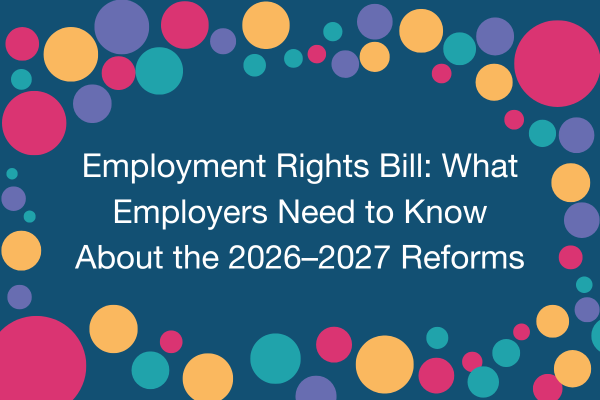News
Workplace Dress Code
Workplace dress codes have been highlighted recently by reports of a receptionist sent home for not wearing the regulation two-to-four inch heels.
Imposing a Dress Code
An employer can impose a dress code on its workers. This can be for various reasons, such as hygiene, safety or corporate image. Are they restricted at all in what they require?

An employer can have different requirements for men and women, as long as overall, the dress code applies a conventional standard of appearance. This means that it was not sex discrimination to require a man to have no longer than collar-length hair, when the condition did not apply to women.
Equally, a requirement that men wear a tie and women dress appropriately was not discriminatory.
A requirement which restricts what staff can wear (for example a requirement not to wear jewellery which is associated with religious beliefs, such as a cross) may be indirectly discriminatory. That is, unless the employer can objectively justify the requirement as a proportionate means of achieving a legitimate aim.
Requiring a Muslim nursery school worker to wear an ankle-length jilbab, rather than neck-to-floor length garment, to avoid it being a tripping hazard; was not discrimination.
Had this been a situation where the worker was sedentary, then the requirement to avoid clothing that could present a tripping hazard may not have been a legitimate aim; and so the requirement not to wear certain items of clothing may be discriminatory.
Do remember that culture and styles of dress evolve over time and so rules which were previously upheld may be open to challenge now or in the future. It was once unthinkable for women to wear trousers in an office environment and female police officers had to wear skirts. And of course, males may wish to wear female attire.
Victoria Wright



